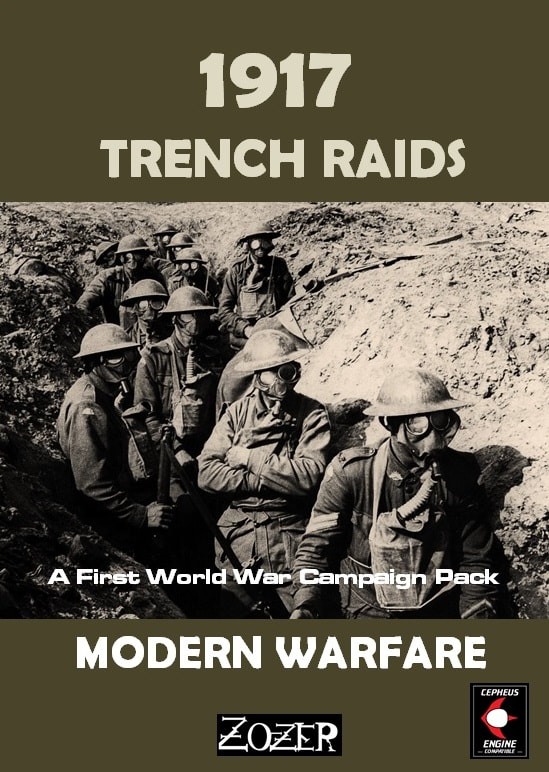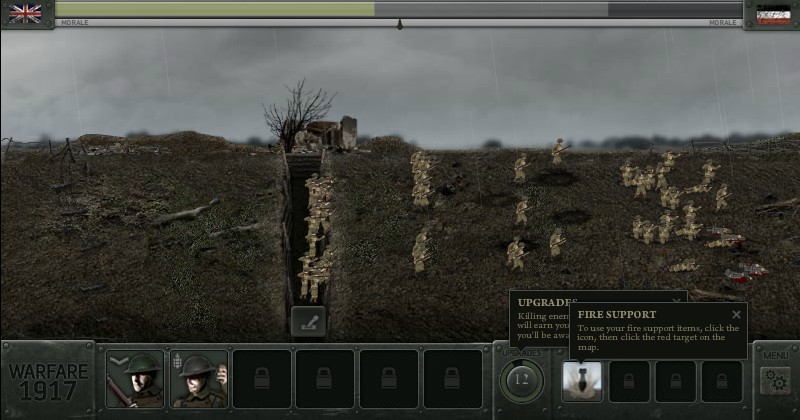
The precautions taken were meager and haphazard enough, as was proved in distressing instance after instance in the progress of the cruel and unmanly business, but a certain degree of restraint was observed. That had seemed to be the object of the German submarine warfare earlier in the war, but since April of last year the Imperial Government had somewhat restrained the commanders of its undersea craft in conformity with its promise then given to us that passenger boats should not be sunk and that due warning would be given to all other vessels which its submarines might seek to destroy when no resistance was offered or escape attempted, and care taken that their crews were given at least a fair chance to save their lives in their open boats. On the third of February last I officially laid before you the extraordinary announcement of the Imperial German Government that on and after the first day of February it was its purpose to put aside all restraints of law or of humanity and use its submarines to sink every vessel that sought to approach either the ports of Great Britain and Ireland or the western coasts of Europe or any of the ports controlled by the enemies of Germany within the Mediterranean. I have called the Congress into extraordinary session because there are serious, very serious, choices of policy to be made, and made immediately, which it was neither right nor constitutionally permissible that I should assume the responsibility of making. In his speech before a special session of Congress, Wilson, as usual, took the moral high ground and declared that not only had America’s rights as a neutral been violated but that “The world must be made safe for democracy.” Americans must fight “for the rights and liberties of small nations” and to “bring peace and safety to make the world itself at last free.” With the support of his entire cabinet, Wilson, who had been reelected in 1916 on the slogan “He kept us out of war,” reluctantly concluded that war was inevitable. When Wilson released the message to the press on March 1, Americans were shocked and angered. On the heels of the German announcement to renew unrestricted submarine warfare on February 1, 1917, the British, on February 24, revealed the Zimmerman Telegram. American bankers had loaned the Allies over $2 billion. In addition to the historic cultural ties to both Britain and France, munitions shipments to those countries from the United States had increased from around $6 million in 1914 to almost $500 million in 1917.

Increasingly, however, America was drawn to the side of the British. After stern warnings from Wilson, the Germans pledged to abide by traditional rules of search and seizure. While that ship flew the American flag of neutrality, it also carried several thousand cases of ammunition and shrapnel headed to Britain. Most remarkable was the attack against the Lusitania, on May 7, 1915, when 128 Americans died.

German submarine warfare had resulted in the sinking of several ships and the loss of American lives.
#WARFARE 1917 SERIES#
The series of events between 19 led Wilson to finally deliver his war message to Congress on April 2, 1917.

However, Wilson and the United States found it increasing difficult to remain neutral.

As hostilities broke out between several nations of Europe in 1914, almost immediately, President Wilson declared America’s intent to stay neutral and called on all Americans to remain impartial in thought as well as deed.


 0 kommentar(er)
0 kommentar(er)
